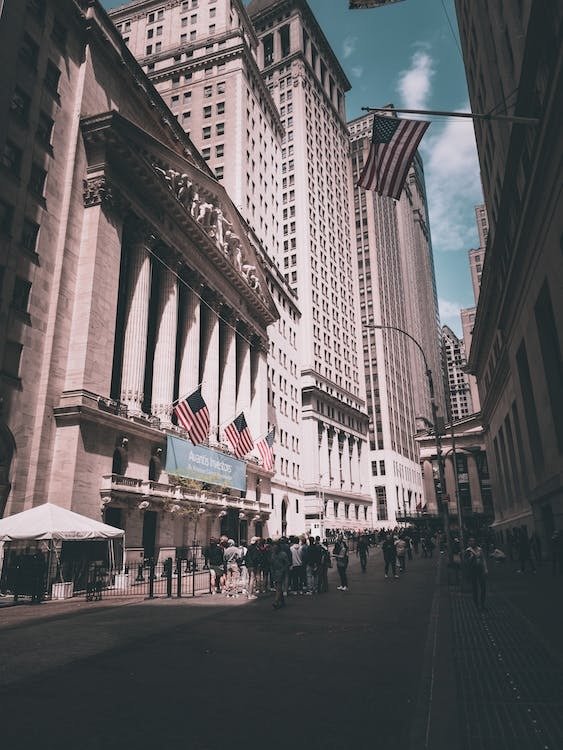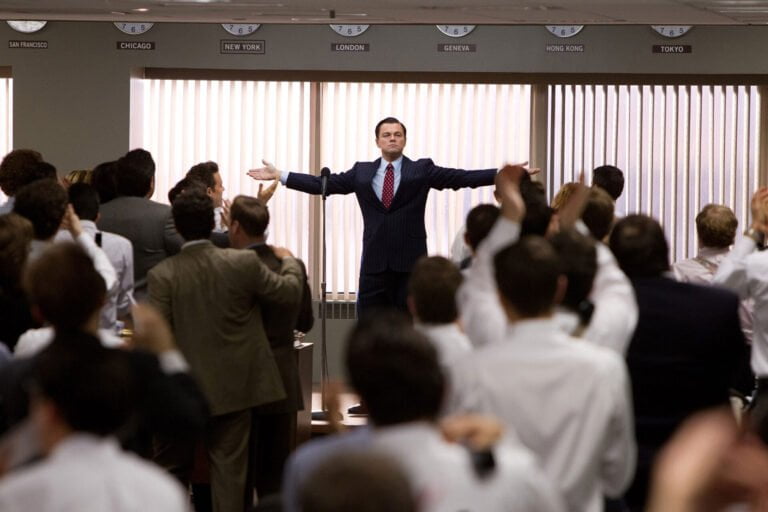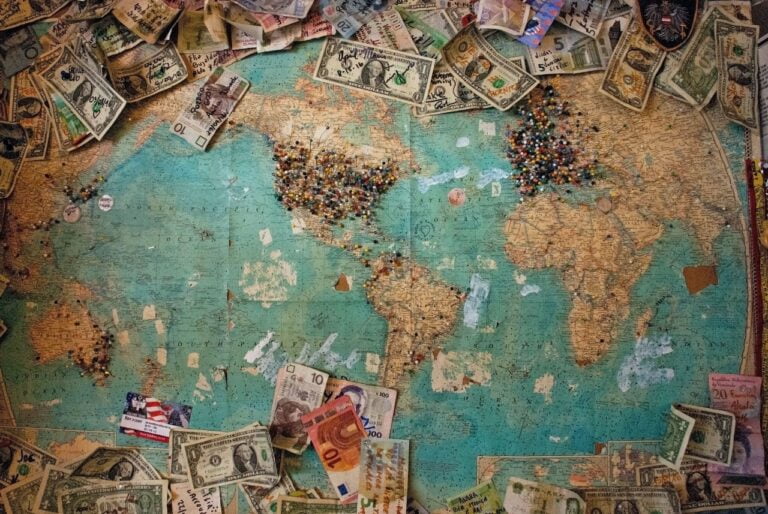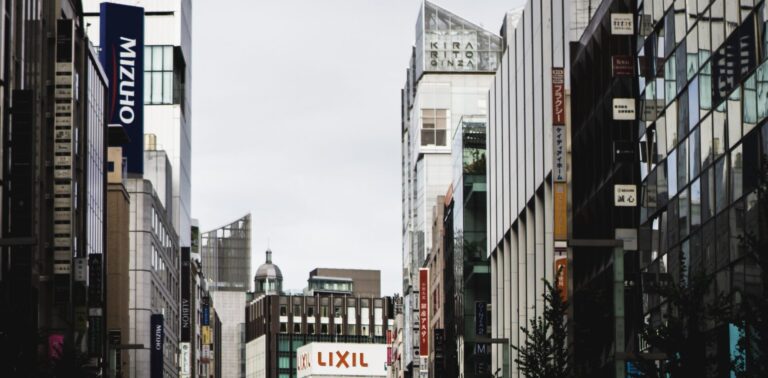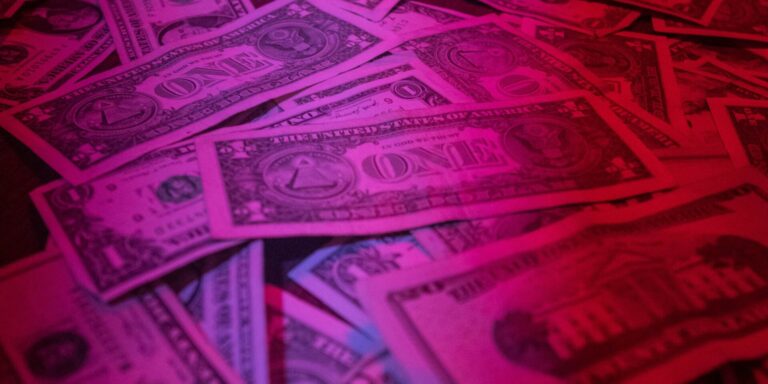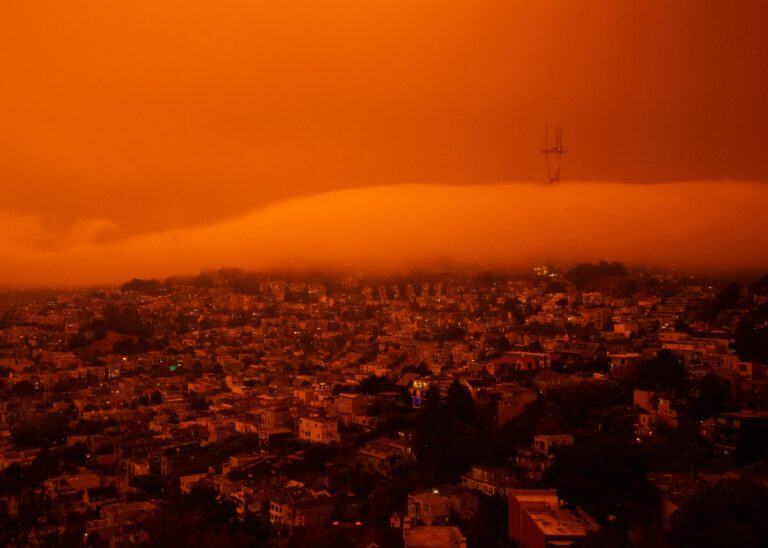Wall Street: From Crumble to Concrete
Most of us are familiar with an all time comedy drama classic, The Big Short, starring Christian Bale, Steve Carell, Ryan Gosling and Brad Pitt. The four thespians of this motion picture portray the glitches of the financial industry in the United States of America and how they use it to feed their greed. Kudos to the film creators for depicting such a financially tragic moment in the history of business. However, the beautification of such grave blunders apart, the collapse of Wall Street had a vast impact on the US economy.
For the first time in decades, house prices started to decline in 2006. Real estate agents initially cheered. They believed that the overheated real estate market would cool off and stabilize. Numerous issues, such as the excessive number of homeowners with poor credit who were granted mortgage loans, were not taken into account.
The Crisis Unfolds
Mortgage-backed securities (MBS), one of these instruments, had the most effect on the housing market. More people were interested in the mortgages on which MBS were based as a result of their profitability.
These MBS were owned by hedge funds and other financial organizations all over the world, as well as by mutual funds, businesses, and pension funds. Shady pension funds purchased these dangerous assets under the impression that credit default swaps, an insurance product, would shield them. These swaps were marketed by the insurance business American Insurance Group (AIG), but as the derivatives lost value, they lacked the cash flow to pay for all of the swaps.
Deep in the Trenches
Numerous financial transactions were taking place across the State. Banks started to panic as they saw the meteor of a financial crisis slowly move towards them.
Finally, it happened.
The world faced one of its greatest global financial crises of all time. Housing prices fell more during the Great Recession, which followed the crisis, than they did during the Great Depression (a story for another time). Over 9% of the population was still unemployed two years after the recession ended. This discouraged workers who had given up looking for jobs are not included.
Recovering From it’s Wounds
However, things started to look good for the US economy in 2011. They bounced from this setback. People still scared, started to show more courage in taking financial decisions. Today, the American economy is one of the largest economies across the globe.
The 2008 financial crisis is a complex event with multiple contributing factors, including the excessive risk-taking by financial institutions, inadequate regulation and oversight, and the interconnectedness of the global financial system. It serves as a stark reminder of the potential consequences of unchecked financial speculation and the importance of robust financial regulation and risk management. However, we for one can gain insight from this event and maintain fiscal decency.
This would not be the first time the economy of a country had dealt with such a crisis. This goes on to show us how our instincts kick-in in tight situations. Just as the American economy has suffered and risen from its times of difficulty, we too can learn to sustain ourselves and face our problems with a hint of grace.


